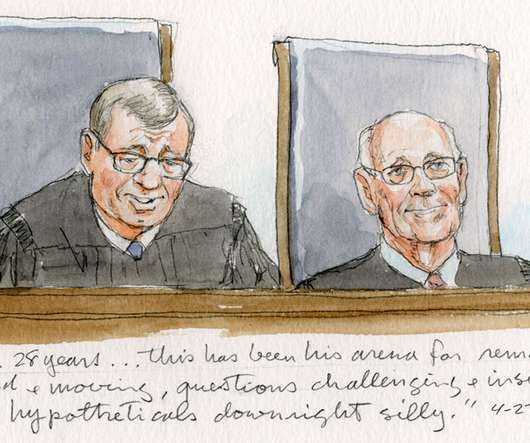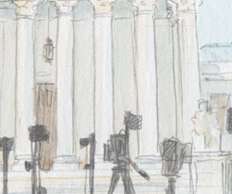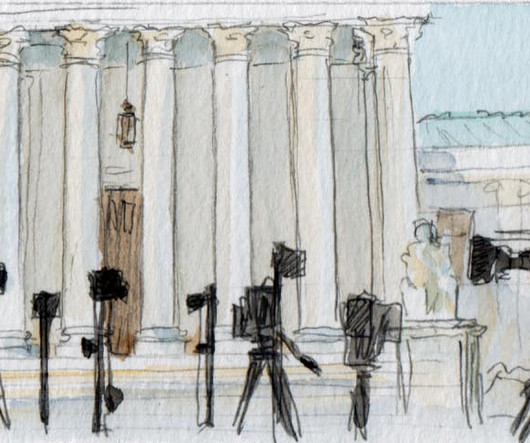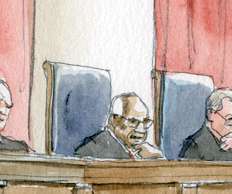With historical promises in mind, justices weigh state criminal jurisdiction in Indian country
SCOTUSBlog
APRIL 28, 2022
Share At the last Supreme Court oral argument of Justice Stephen Breyer’s career, the court stepped into a dispute over the state of Oklahoma’s criminal jurisdiction authority in Indian country. Oklahoma v. Oklahoma , which reaffirmed that the reservation of the Muscogee (Creek) Nation within Oklahoma remains “Indian country.”














Let's personalize your content